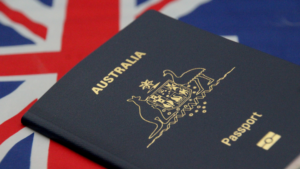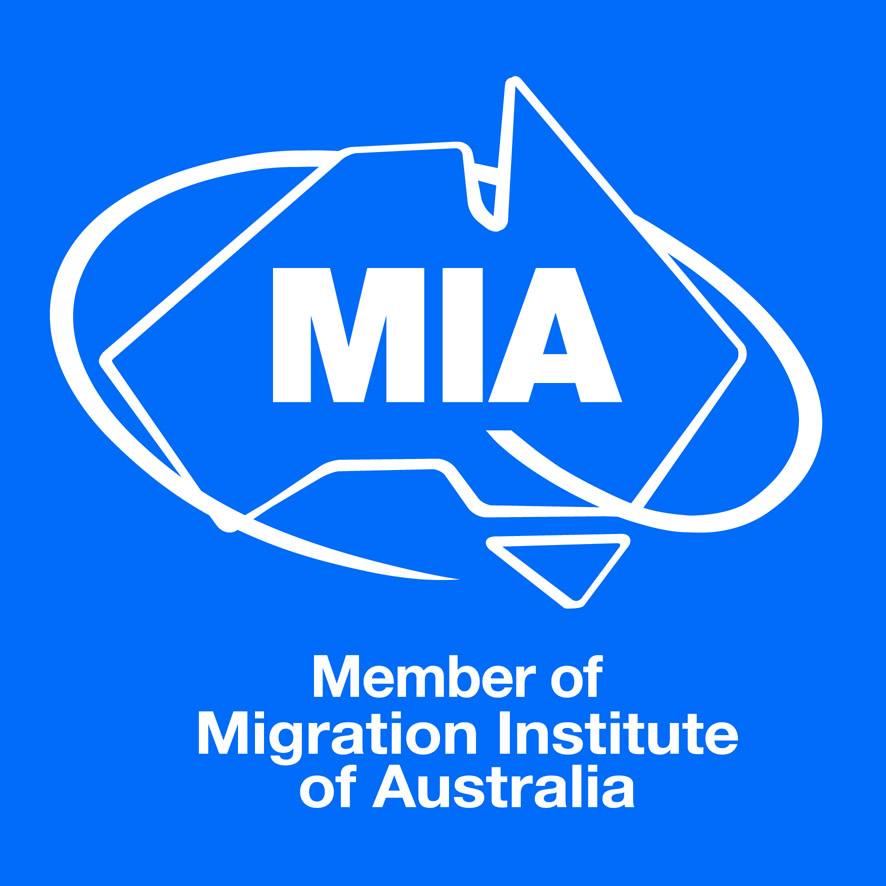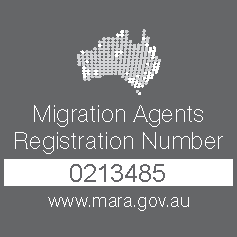With a federal election not too far away, political parties are now making an effort to secure votes in the lead up to the election. The federal government in the last few days released a number of changes pertaining to the conditions of employment and the occupation lists that determine where migrants may have to locate in Australia in order to work in their chosen profession.
What Are the Changes?
These changes allow for aged care providers to be able to sponsor overseas workers for a Temporary Skills Shortage visa or an Employer Nomination Scheme Visa, if employers can prove that they cannot find employees locally.
The introduction of the occupation of Religious Assistant being made available to religious institutions will allow the visa nominee to work in any senior position within a religious office not just at the most senior position as was previously the case.
Probably one of the most significant of all the changes is the shuffling of occupation lists. A number of changes have been made to the list of occupations of migrants entering Australia, some being omitted and others added. Certain occupations will determine whether migrants will be located in metropolitan or regional areas.
Under these changes overseas trained doctors will now be directed to regional, rural or remote areas. The reason for this is two-fold. This initiative will see an increase in GPS in areas where they are needed thus improving healthcare to regional areas. In return, the government can better manage the growth and distribution of healthcare workers in metropolitan areas where the number of GPs has increased at a rapid rate.
While some of these occupation list changes make sense, many do not. Occupations such as retail buyer, post office manager or patents examiner have been relegated to the regional list. These are very specific roles and it’s hard to imagine there are enough of these roles in regional areas to go around yet horse trainers and foresters can work in metropolitan areas or regionally.
So why have these changes been introduced? It seems with a federal election imminent, the government is using this as a means to look like its being proactive. While migrants don’t vote, their families do so it’s all about gaining the votes.
Whether these changes are favourable to voters or whether they make sense or not, it appears to be about the government maintaining a certain perception as opposed to what may be right and fair for migrants. These lists are suddenly a powerful tool where politics is concerned.
If you have any questions about the occupations list or would like expert advice on any aspects of migration, speak to one of the VSA team today. It is a complex subject so it is important to speak with someone in the know.







